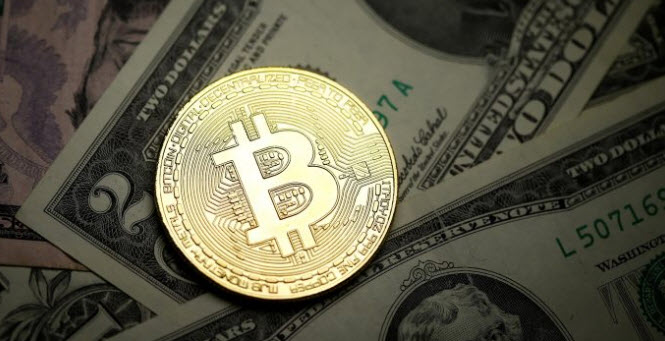Bill Barhydt, CEO at Abra, a cryptocurrency exchange platform announced recently that it’s shifting its focus from Bitcoin (LTC) to Litecoin (LTC) as its principal asset for exchange due to the high cost of mining other altcoins on a BTC business model.
The firm confirmed that after conducting an analysis of its existing business model, which mines cryptos on a BTC-based platform, it emerged that mining fees were more than $35 hence not viable for business growth. The team re-assessed simple transactions on different asset classes including Bitcoin Cash (BCH), LTC and other potential altcoins and realized that LTC is the best base for the crypto exchange platform compared to other digital currencies since the token has low mining charges.
LTC is regarded as digital silver to BTC’s digital gold and the two coins complement each other well and the firm has opted to settle for LTC as its next crypto asset class for future endeavors. According to Abra, profit has been negative in the last quarter of 2017 due to extreme BTC fees for mining. Hence the firm believes with LTC, it would report increased sales revenues in the next quarter.
This is not the first case that LTC is being preferred over other currencies since it follows rules just like BTC though it offers cheaper mining solutions that enable the exchange companies to increase their sales revenues and business growth opportunities.
A previous survey conducted by Thomson Reuters reveals that in every five financial institutions, at least one is preparing to commence cryptocurrency trading in the next year. According to the survey, which comprised large banks, asset managers and other key participants in the financial sector, most organizations are looking keenly on the rapid growth of the digital currencies and everyone is ready to make the first move to gain from the emerging space.
As a result, many exchanges and governments are recognizing the need to strengthen and regulate the industry. Currently, over 16 exchanges in Japan have registered with the country’s Financial Service Agency to form an association to improve the security of their services.
